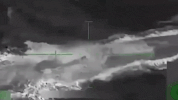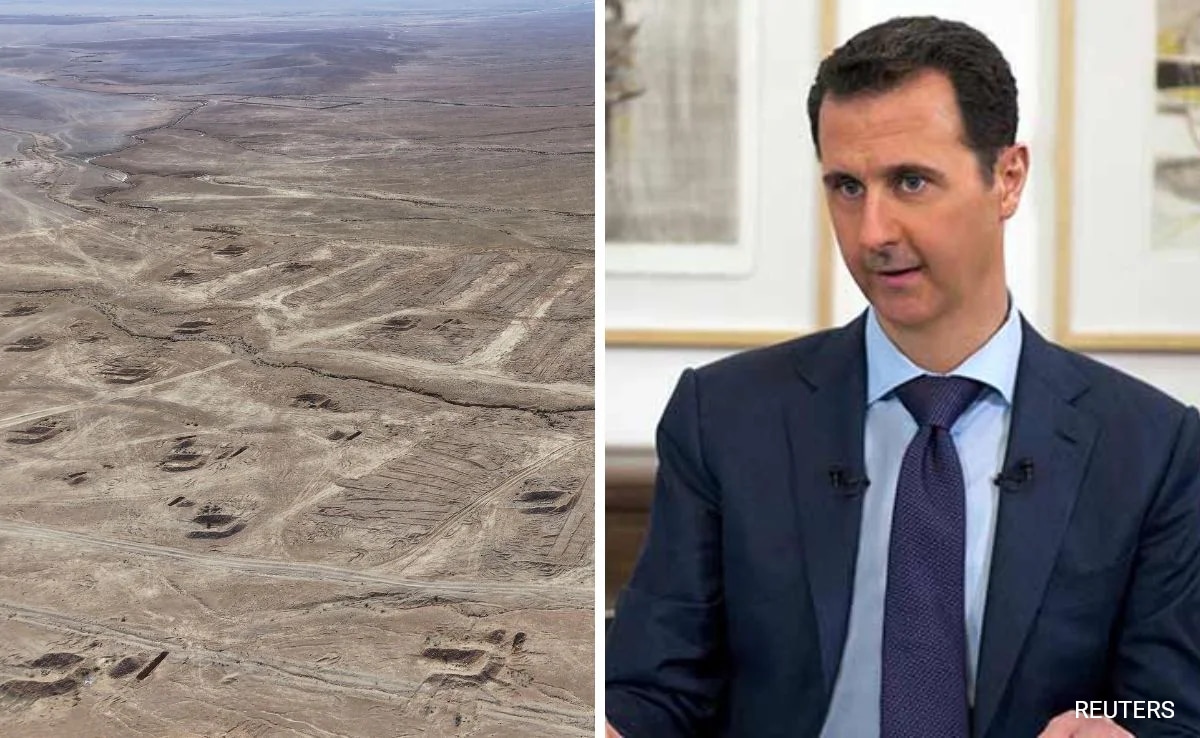ARTICLE AD BOX
DUST settles on the Temple of Apollo after a sandstorm swept in from the Sahara.
Skies in Athens turned red after strong winds carried dust clouds from North Africa, engulfing the Acropolis and other ancient landmarks in Greece’s capital.
 EPA
EPA EPA
EPADust concentrations can reduce sunlight and visibility while increasing the number of air pollution particles making it trickier to breathe.
Kostas Lagouvardos, director of the Athens Weather Observatory, said: “It’s one of the most serious episodes of dust and sand concentrations from the Sahara since March 2018, when the clouds invaded the island of Crete in particular.”
As much as 200million tonnes of mineral dust is produced by the Sahara every year, with the finest particles reaching as far as Western Europe.
Greece’s skies are predicted to clear on Wednesday as winds shift and move the dust, with temperatures dipping from a high of 35 degrees.
The intense heat triggered 25 wildfires across the country in 24 hours, but no injuries were reported and most were quickly brought under control.
In January millions of Brits were being warned they may have to stay indoors and shut their windows if a red Saharan dust plume hits the UK.
The Met Office confirmed the cloud of dust blew from northern Africa and landed in parts of the UK.
The news came after alarming scenes in the Canary Islands which showed Las Palmas being shrouded in sand clouds.
While it could make for some staggering sunsets and pictures, the dust could also have damaged the health of some communities downwind, according to charity Asthma + Lung UK.
This could be as mild as breathlessness and coughing, or at worst, hospitalisation or a fatal attack.
 AFP
AFP EPA
EPA.png)
 1 year ago
11
1 year ago
11








 English (US)
English (US)